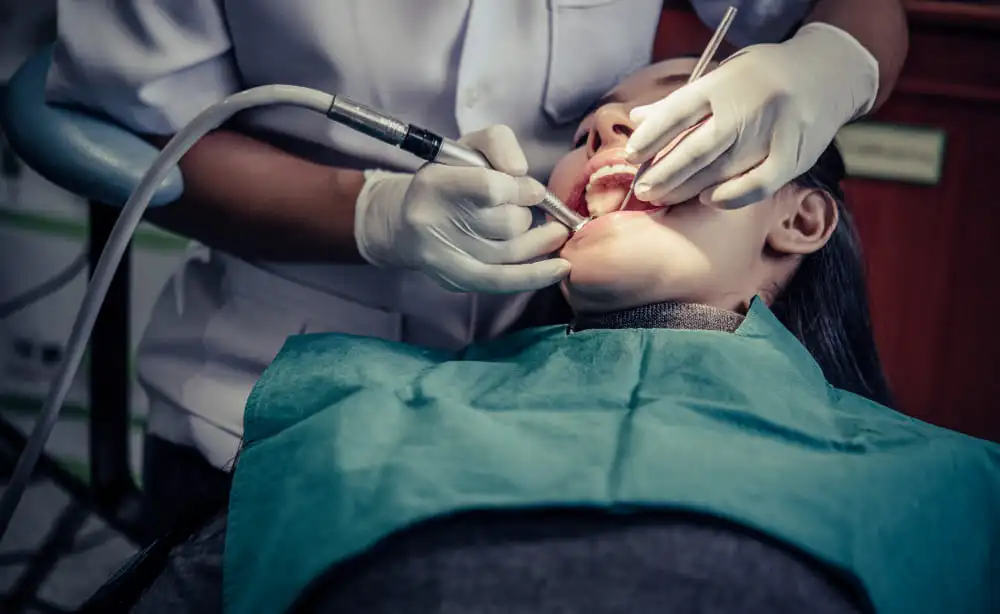

Third molars, or wisdom teeth, usually erupt between the ages of 17 and 25. Some folks have no trouble getting their teeth in. However, many others experience complications that require removal. If you’re wondering whether your wisdom teeth need to be taken out, pay attention to the signs your body is giving you. Here are eight clear indicators that it might be time to visit your dentist.
One of the most common signs that your wisdom teeth need removal is pain in the back of your mouth. This discomfort can range from mild soreness to severe pain that radiates throughout your jaw. If you notice persistent pain around the area where your wisdom teeth [Wisdom Teeth Removal in Dubai] are coming in, it’s essential to consult dentist. Pain usually indicates that your teeth are impacted or that they are pushing against neighboring teeth.
Swollen or inflamed gums around your wisdom teeth are another sign that they may need to be removed. This swelling can occur for various reasons, including infection or the pressure of the teeth coming through the gums. If you experience swelling along with tenderness or bleeding, it’s crucial to see dentist. They can evaluate the condition of your gums and recommend the best course of action.
If you find it challenging to open your mouth wide, your wisdom teeth could be the cause. Limited jaw movement might be due to swelling or tension in the muscles around the jaw. This condition can be uncomfortable and make it difficult to eat or talk. If you notice this symptom, it’s wise to schedule an appointment with dentist to assess the situation. Are you searching dental clinic for Root Canal Treatment in Dubai?
Persistent bad breath, or halitosis, can signal that your wisdom teeth need removal. Food particles can get trapped around partially erupted wisdom teeth, leading to bacteria growth. This bacteria can cause foul-smelling breath that doesn’t improve with regular oral hygiene. If you’re experiencing bad breath despite brushing and flossing regularly, it might be time to have your wisdom teeth examined.
Wisdom teeth can be challenging to clean properly because of their location at the back of your mouth. As a result, they are more susceptible to cavities and decay. If you notice that your wisdom teeth are developing cavities, it may be a sign that they should be removed. Dentist can help assess the extent of the decay and determine whether extraction is necessary to protect your overall oral health.
Another sign that your wisdom teeth might need removal is the crowding of your other teeth. If your wisdom teeth are pushing against adjacent teeth, they can cause misalignment and discomfort. This crowding can affect your bite and lead to long-term dental issues. If you notice changes in your teeth or bite, consult dentist. They may recommend removing your wisdom teeth to restore alignment and prevent further complications.
Believe it or not, wisdom teeth can also affect your sinuses. If you experience sinus pressure, congestion, or frequent sinus infections, your wisdom teeth might be to blame. The roots of upper wisdom teeth can extend into the sinus cavity, leading to discomfort and inflammation. If you suspect your wisdom teeth are causing sinus problems, it’s important to see a dental professional for a thorough evaluation. Are you looking to visit the Best dental clinic in Dubai?
In some cases, wisdom teeth can lead to more serious issues, such as cysts or tumors. These growths can form in the jaw around the impacted teeth and may require surgical intervention. If you experience unusual swelling or lumps in your jaw, it’s vital to seek immediate dental care. Dentist can perform imaging tests to determine the cause of these growths and recommend appropriate treatment.

Being aware of the signs that indicate your wisdom teeth may need removal is essential for maintaining good oral health. If you experience pain, swelling, difficulty opening your mouth, bad breath, cavities, crowding, sinus issues, or abnormal growths, don’t hesitate to consult dentist. Early intervention can prevent more serious complications and help you maintain a healthy smile. Your dentist will evaluate your situation and provide recommendations tailored to your needs.
Remember, regular dental check-ups play a crucial role in monitoring your oral health. By staying proactive and addressing any issues promptly, you can ensure that your wisdom teeth, if present, don’t become a problem. If you suspect that your wisdom teeth are causing discomfort or other concerns, make an appointment today for a comprehensive evaluation.